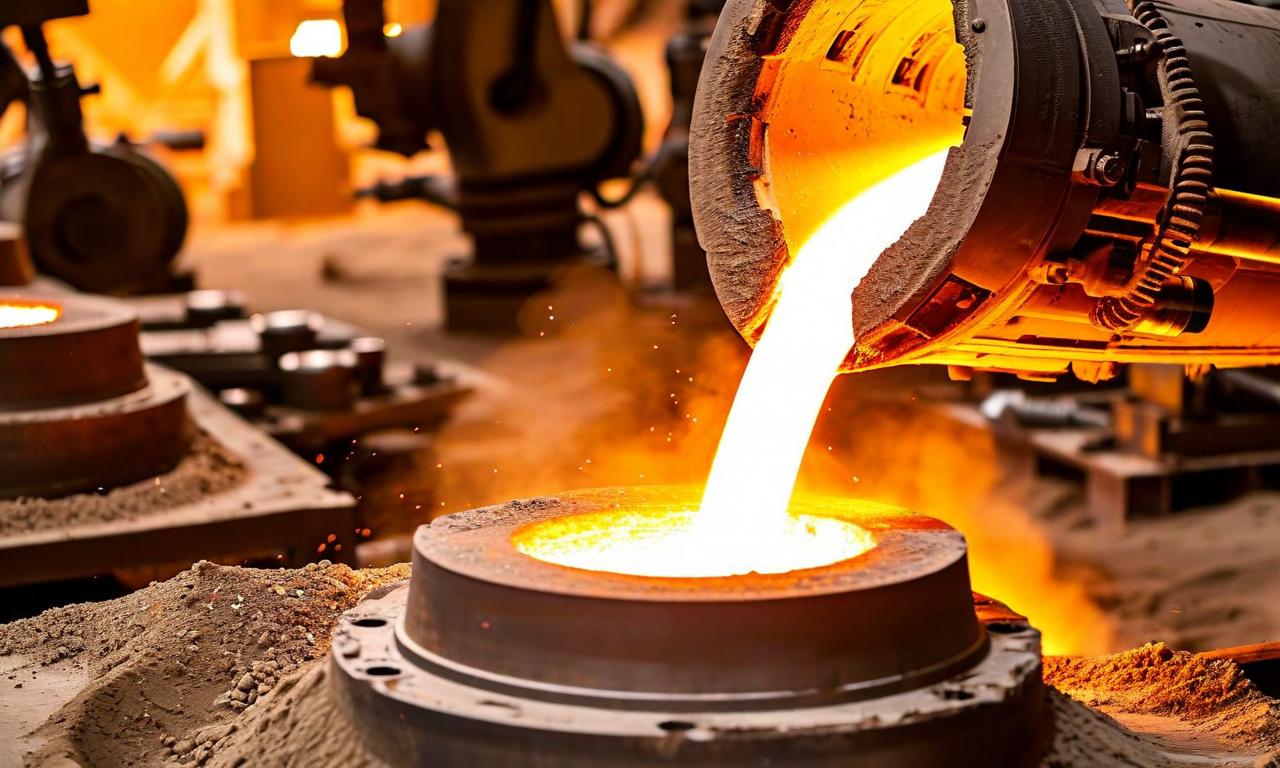India Seeks Myanmar's Rare Earth Samples to Reduce China Dependence
India has initiated efforts to obtain rare earth samples from mines in Myanmar controlled by the Kachin Independence Army (KIA). This move is part of India's strategy to reduce dependence on China, which dominates the global rare earth market. The Ministry of Mines in India has made a formal request for samples, involving state-owned Indian Rare Earths Limited (IREL) and private sector company Midwest Advanced Materials. The initiative aims to enhance India's domestic capabilities in rare earth production, particularly for magnets used in electronic vehicles and advanced equipment. However, challenges include uncertainty about the sufficiency of heavy rare earths in the samples and the ongoing armed conflict in Myanmar.

*this image is generated using AI for illustrative purposes only.
In a strategic move to diversify its rare earth supply sources, India has initiated efforts to obtain rare earth samples from mines in Myanmar controlled by the Kachin Independence Army (KIA). This development comes as part of India's broader strategy to reduce its dependence on China, which currently dominates the global rare earth market.
India's Rare Earth Initiative
The Ministry of Mines in India made a formal request for rare earth samples, involving both state-owned Indian Rare Earths Limited (IREL) and private sector company Midwest Advanced Materials in discussions. This initiative underscores India's commitment to enhancing its domestic capabilities in rare earth production, particularly for magnets used in electronic vehicles and advanced equipment.
Reducing Dependence on China
China's control over nearly 90% of global rare earth reserves has long been a concern for many countries, including India. Despite recent improvements in India-China relations, this move indicates India's determination to secure alternative sources of these critical materials.
Challenges and Uncertainties
While the initiative shows promise, several challenges and uncertainties remain:
- The sufficiency of heavy rare earths in the Myanmar samples is yet to be determined.
- The ongoing armed conflict between the KIA and Myanmar's Junta adds a layer of complexity to the situation.
- Myanmar's Junta maintains close ties with Beijing, potentially complicating India's efforts.
- India's need for cooperation with Myanmar's Junta to maintain border stability could influence the dynamics of this initiative.
Strategic Implications
This move by India highlights the growing importance of rare earth elements in global geopolitics and industrial development. As countries worldwide seek to reduce their reliance on China for these critical materials, new partnerships and sources are likely to emerge, reshaping the global rare earth supply chain.
India's pursuit of rare earth samples from Myanmar represents a significant step in its efforts to secure a more diverse and resilient supply of these crucial resources. However, the success of this initiative will depend on various factors, including the quality of the samples, geopolitical considerations, and the ability to establish a sustainable supply chain in a complex regional environment.





























